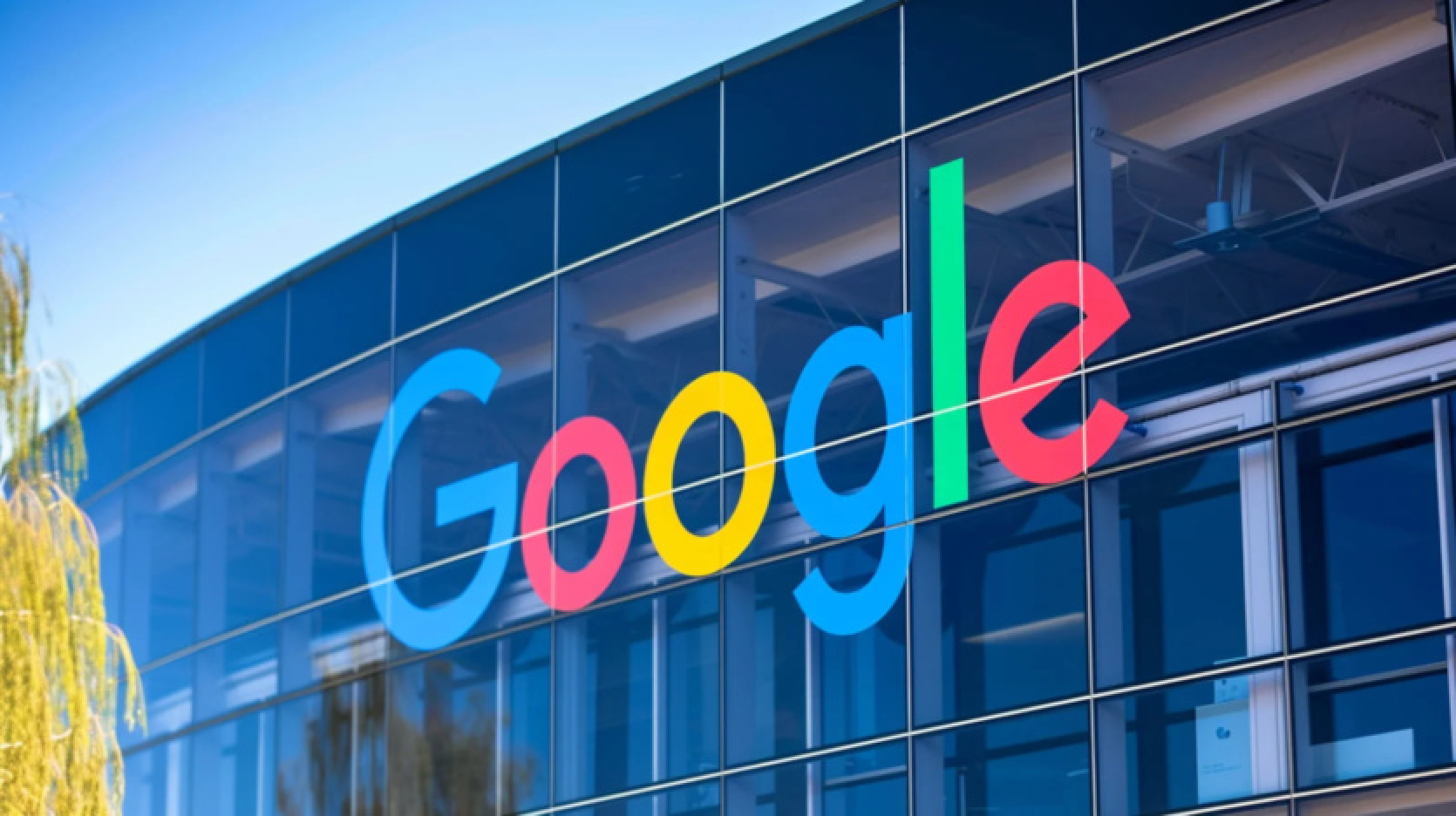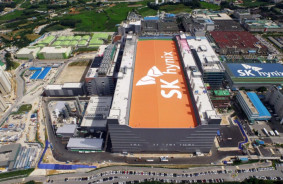The last time the market capitalization of the parent company Google Alphabet briefly approached this level in 2021.
Last year, Google spent fighting two of the biggest threats to it in its 25-year history - generative AI and increased regulator scrutiny. The company had to adapt its products and teams to new challenges: the search engine changed, departments were consolidated, and eventually its own large language model Google Gemini was released after initial failure with the chatbot Bard.
Yesterday, Google announced its first-ever dividend payments and share buybacks totaling $70 billion. As noted by The Verge, investors responded positively to these announcements, ultimately pushing the market capitalization of the parent company Google Alphabet over the $2 trillion mark - a milestone it is currently holding.
Currently, Google is the fourth most valuable public company in the world, behind only Nvidia ($2.2 trillion), Apple ($2.6 trillion) and Microsoft ($3.0 trillion). Amazon is valued at $1.8 trillion, while Meta is at $1.1 trillion.
Unlike Meta, whose stock price dropped by 10% after Mark Zuckerberg stated that it would take years to make money from generative AI, Google says it is already finding ways to sell it, including to advertisers.
Google made a profit of $23.7 billion on total revenue of $80.5 billion in the first quarter of 2024, according to its financial report. Revenue from search and advertising grew by 14% compared to the previous year, and revenue from YouTube advertising grew by 21%; "subscriptions, platforms, and devices" grew by 18% - primarily due to premium subscriptions on YouTube.














Comments (0)
There are no comments for now